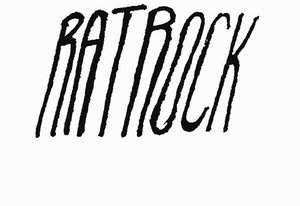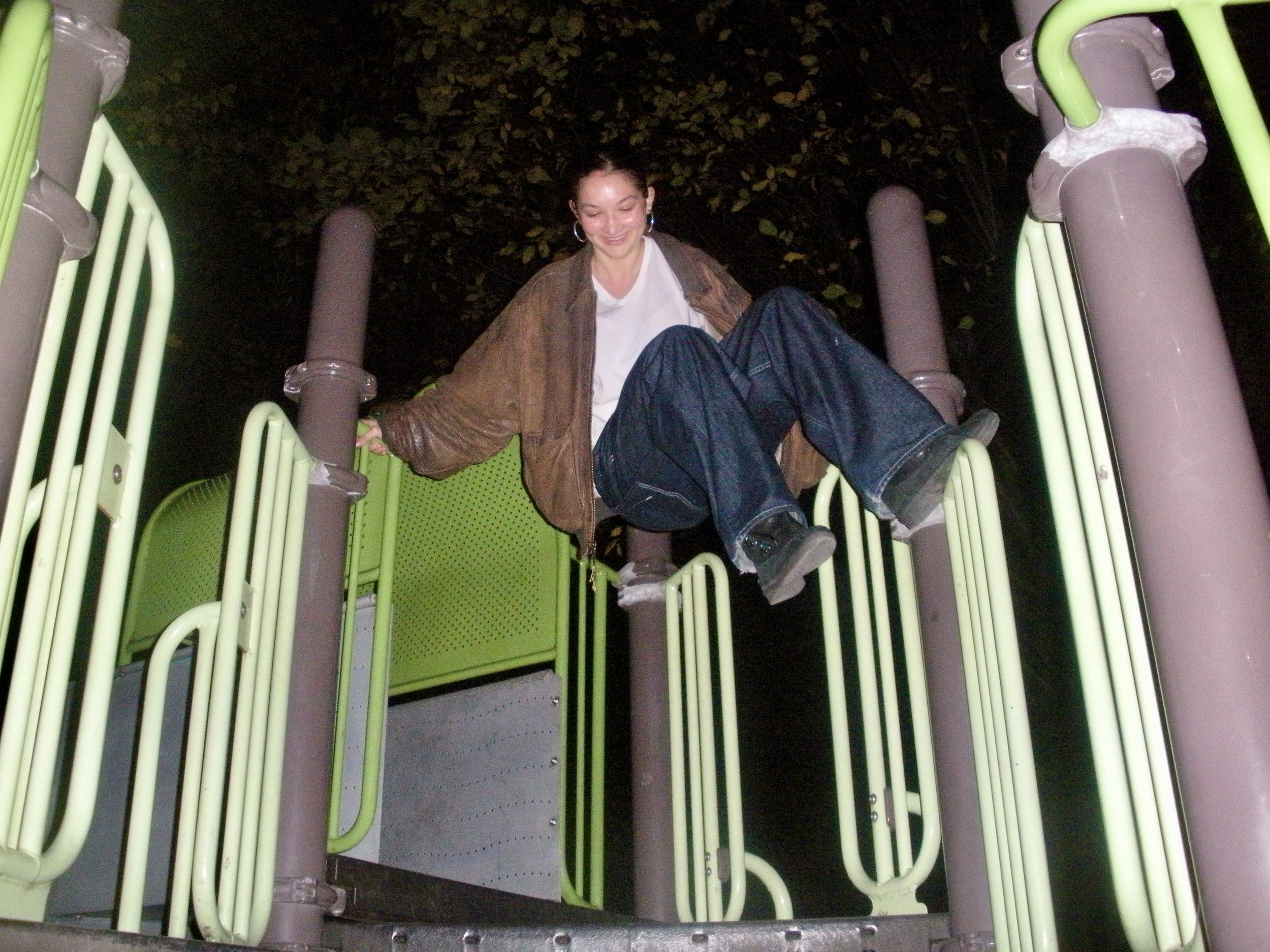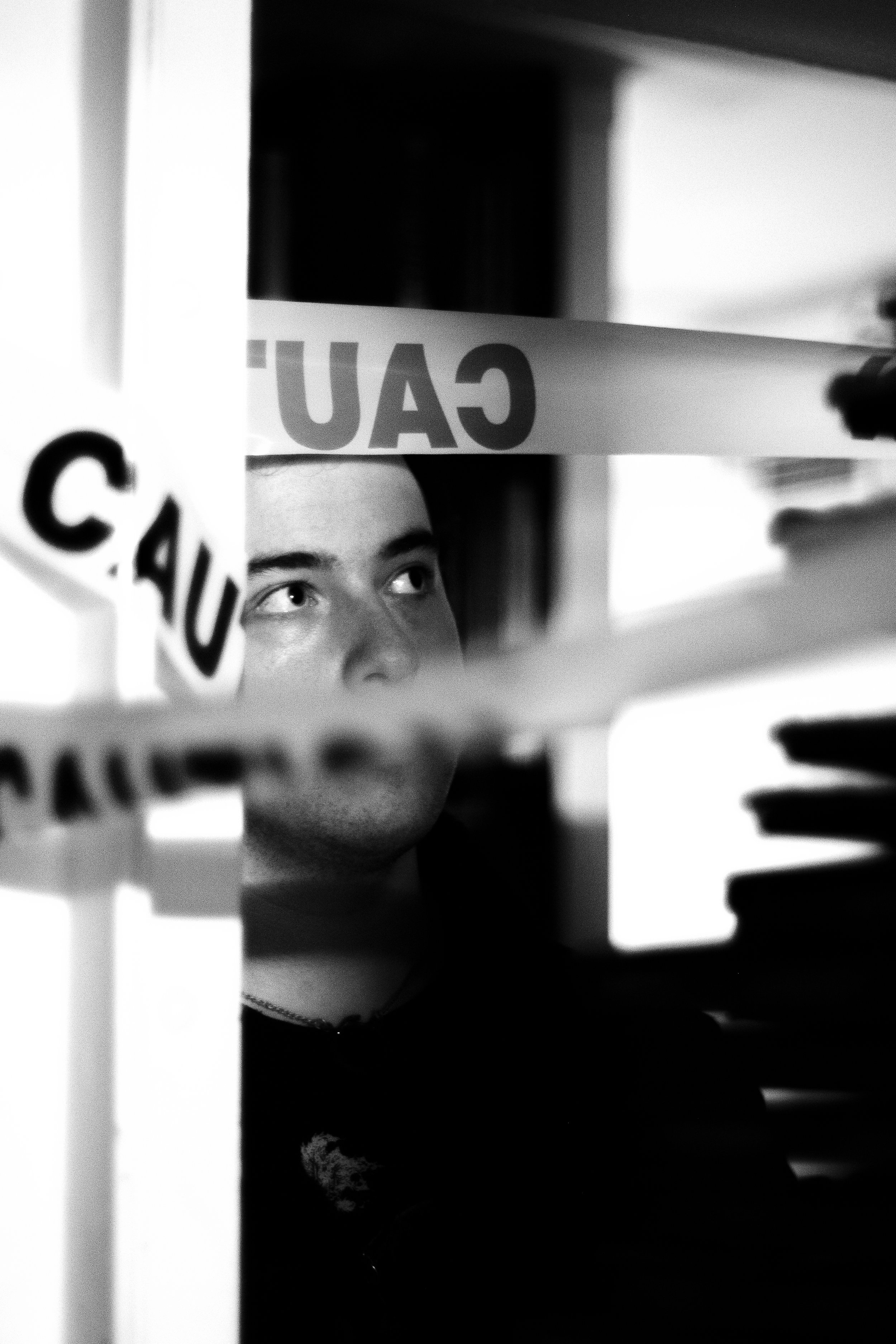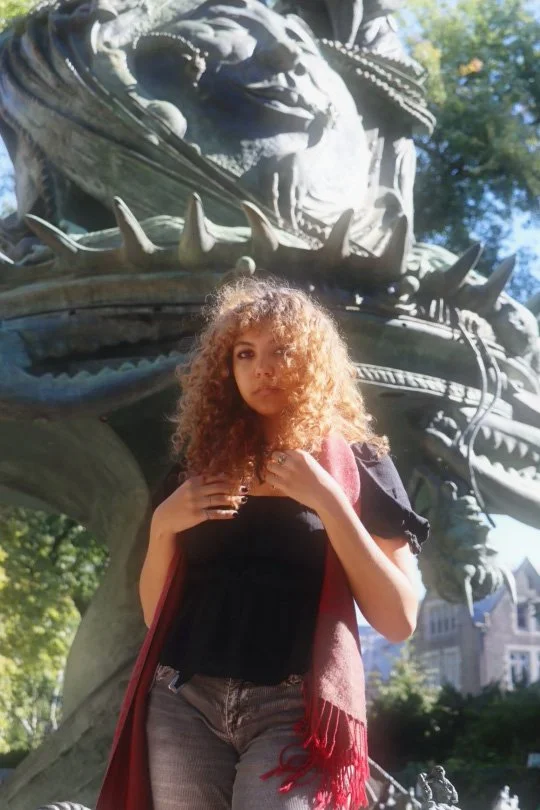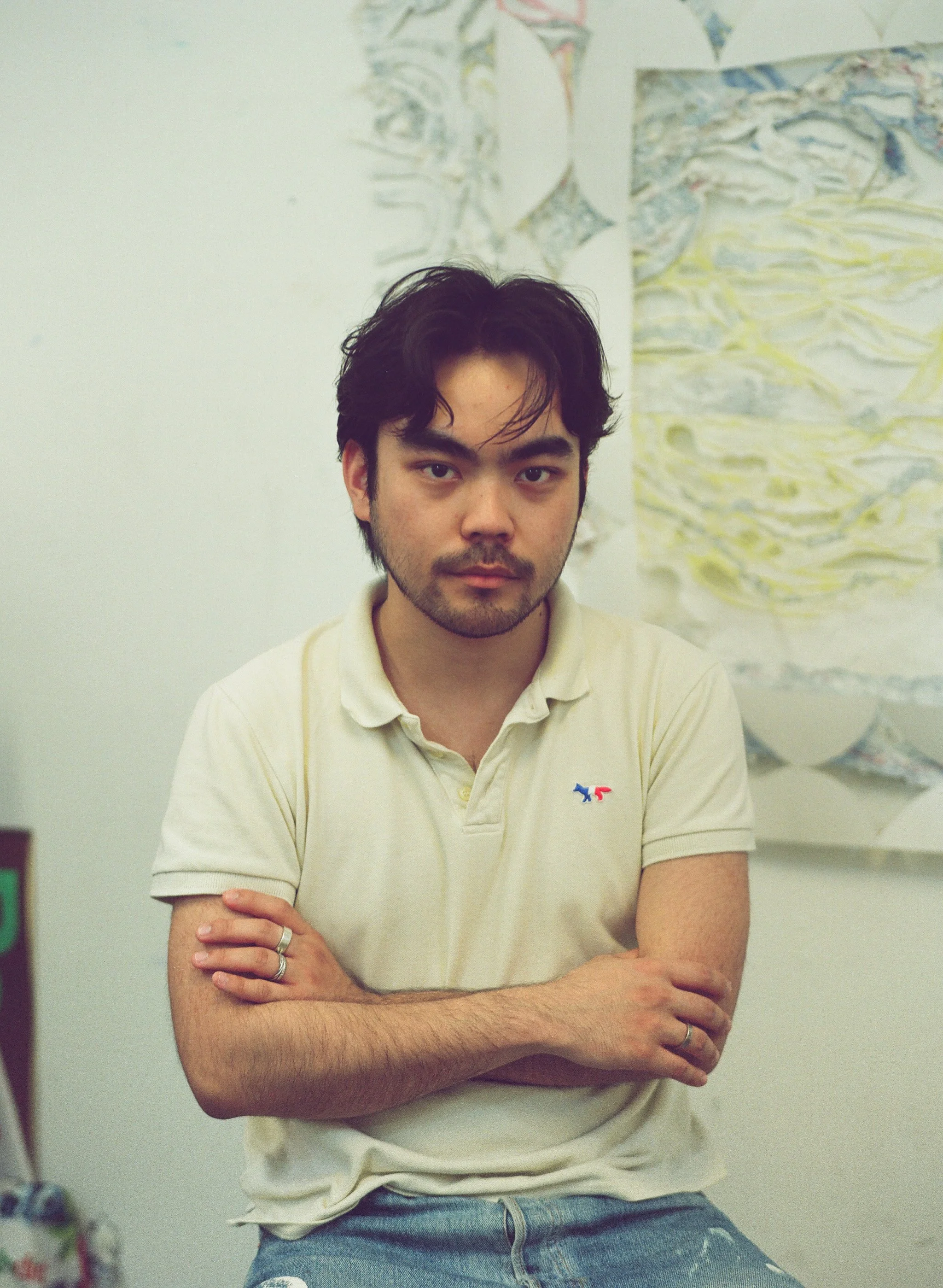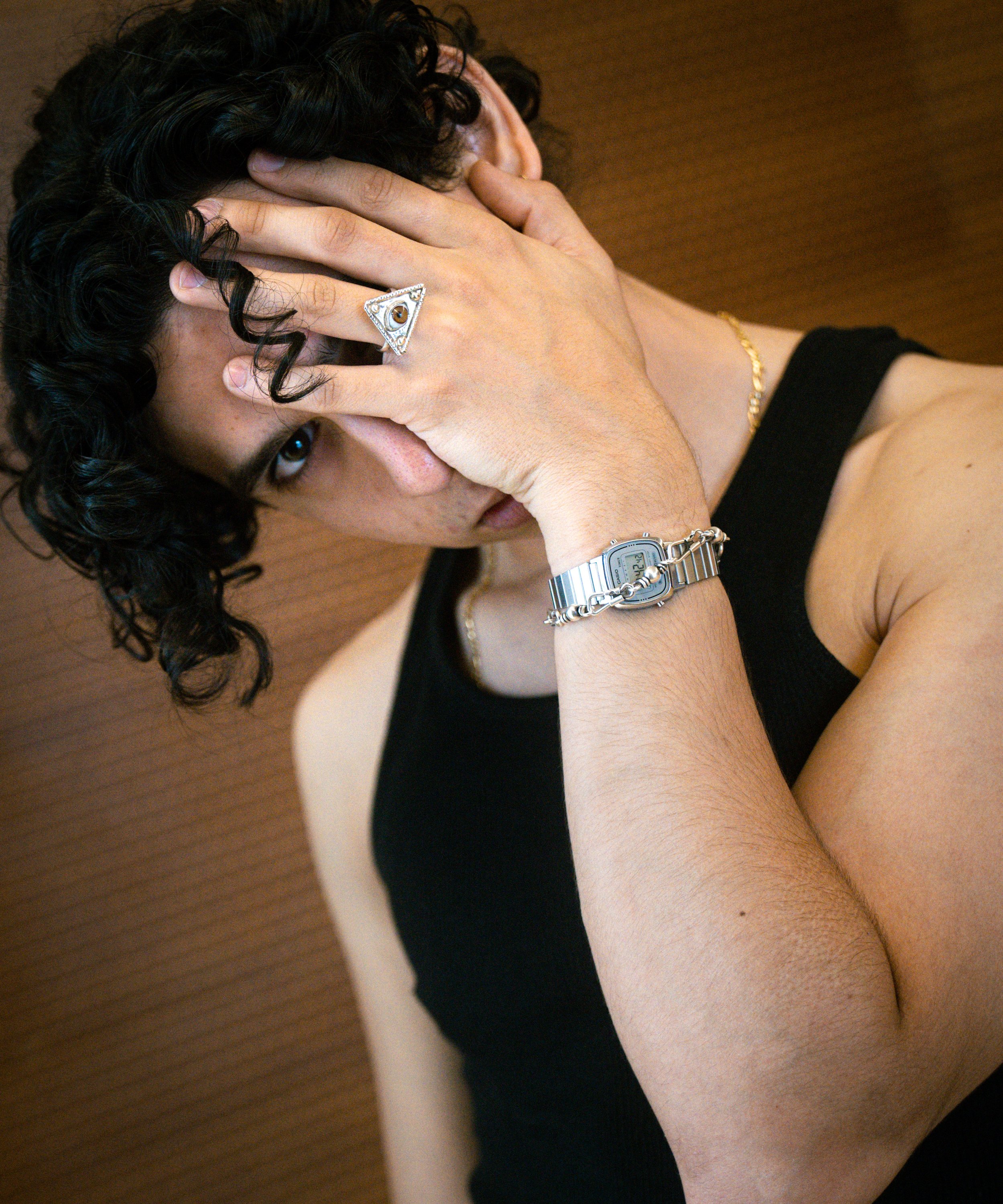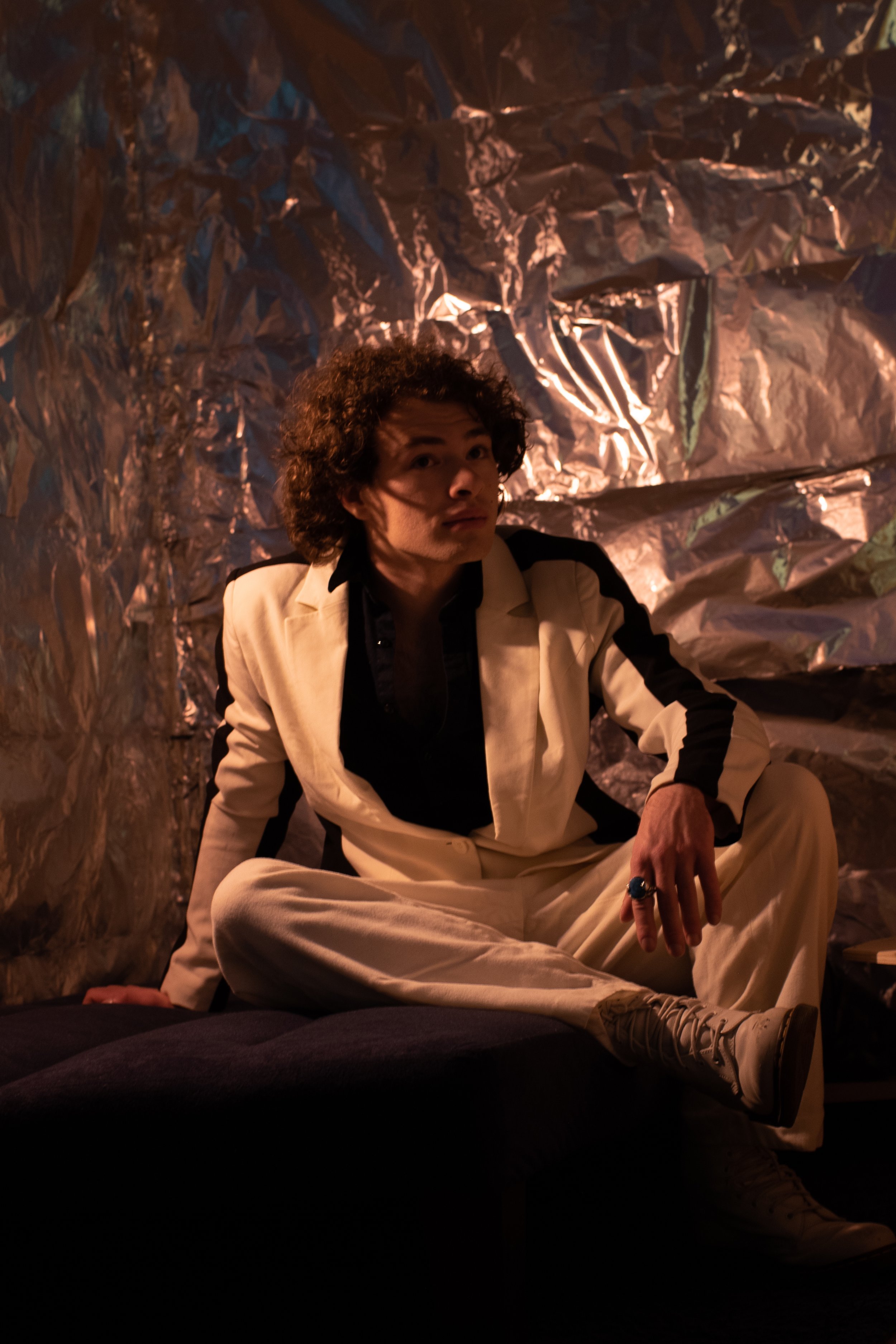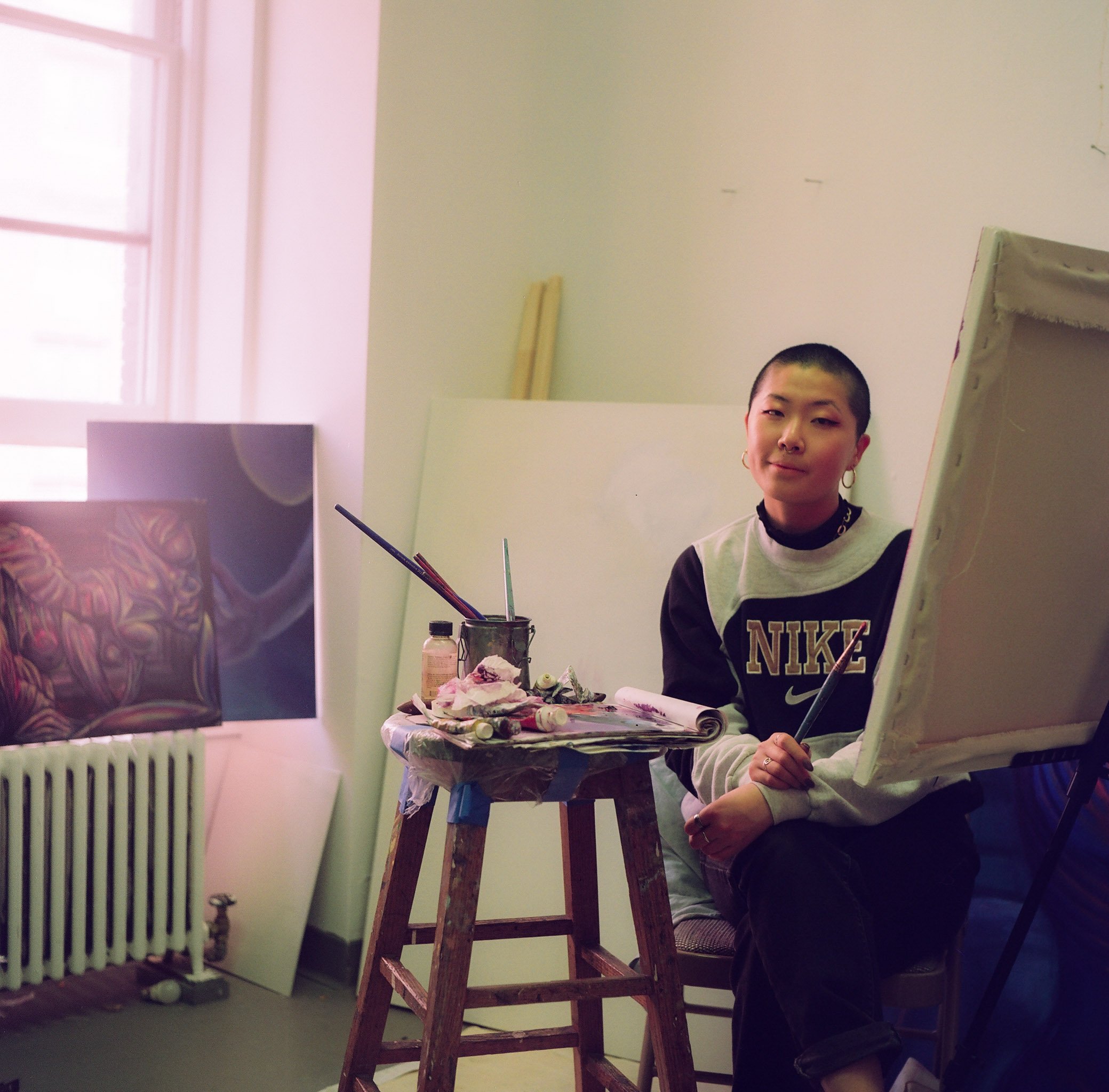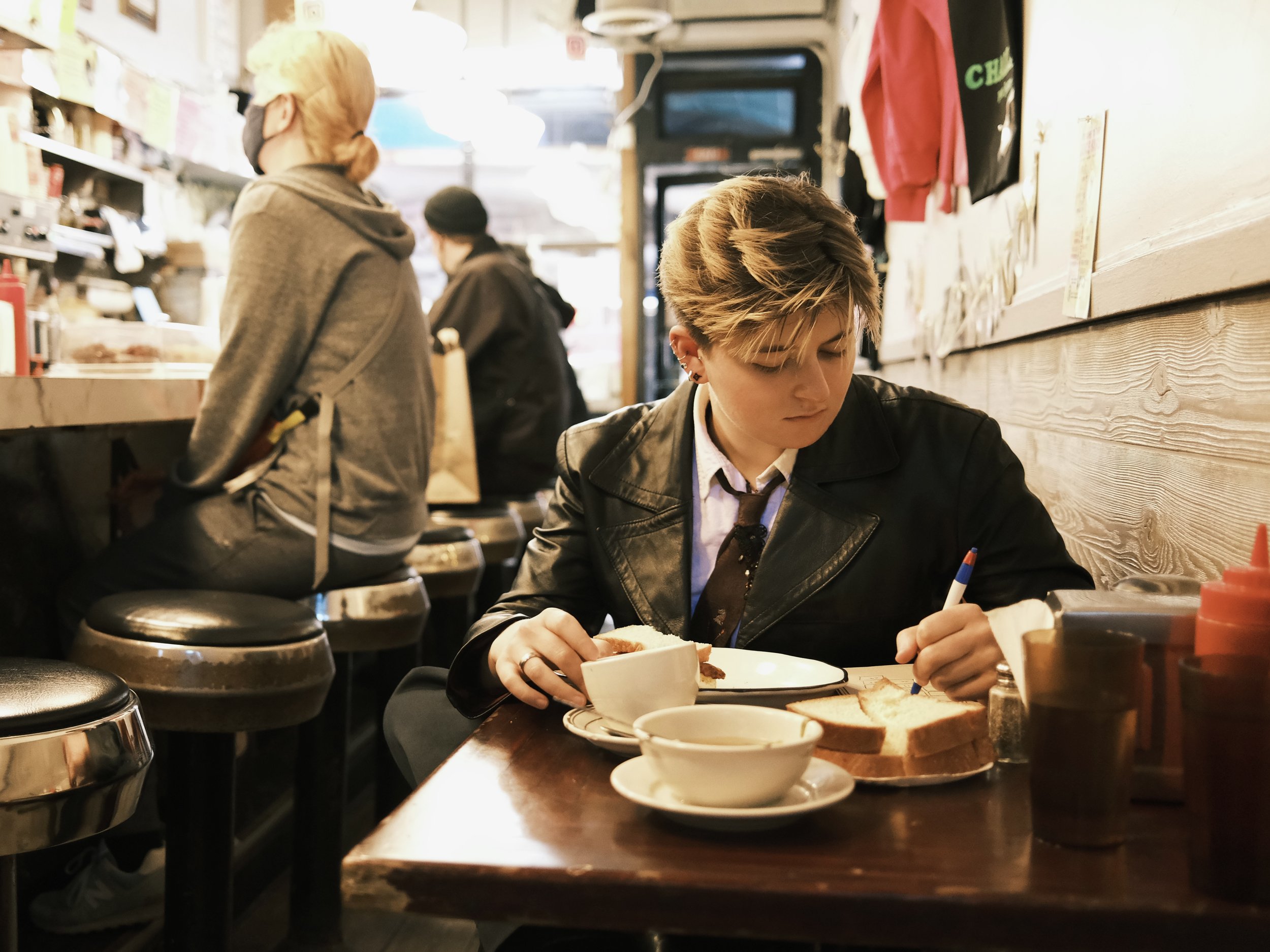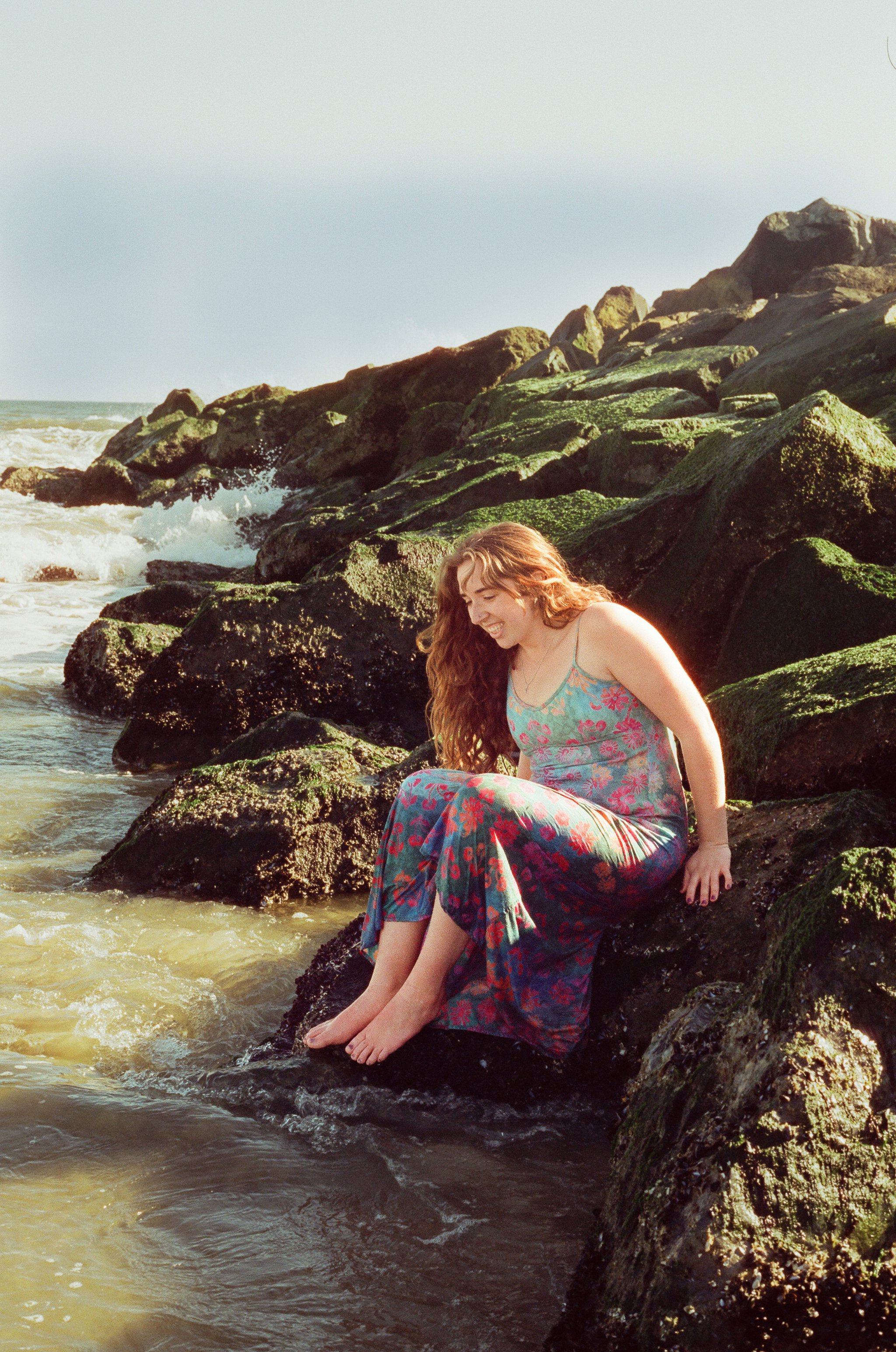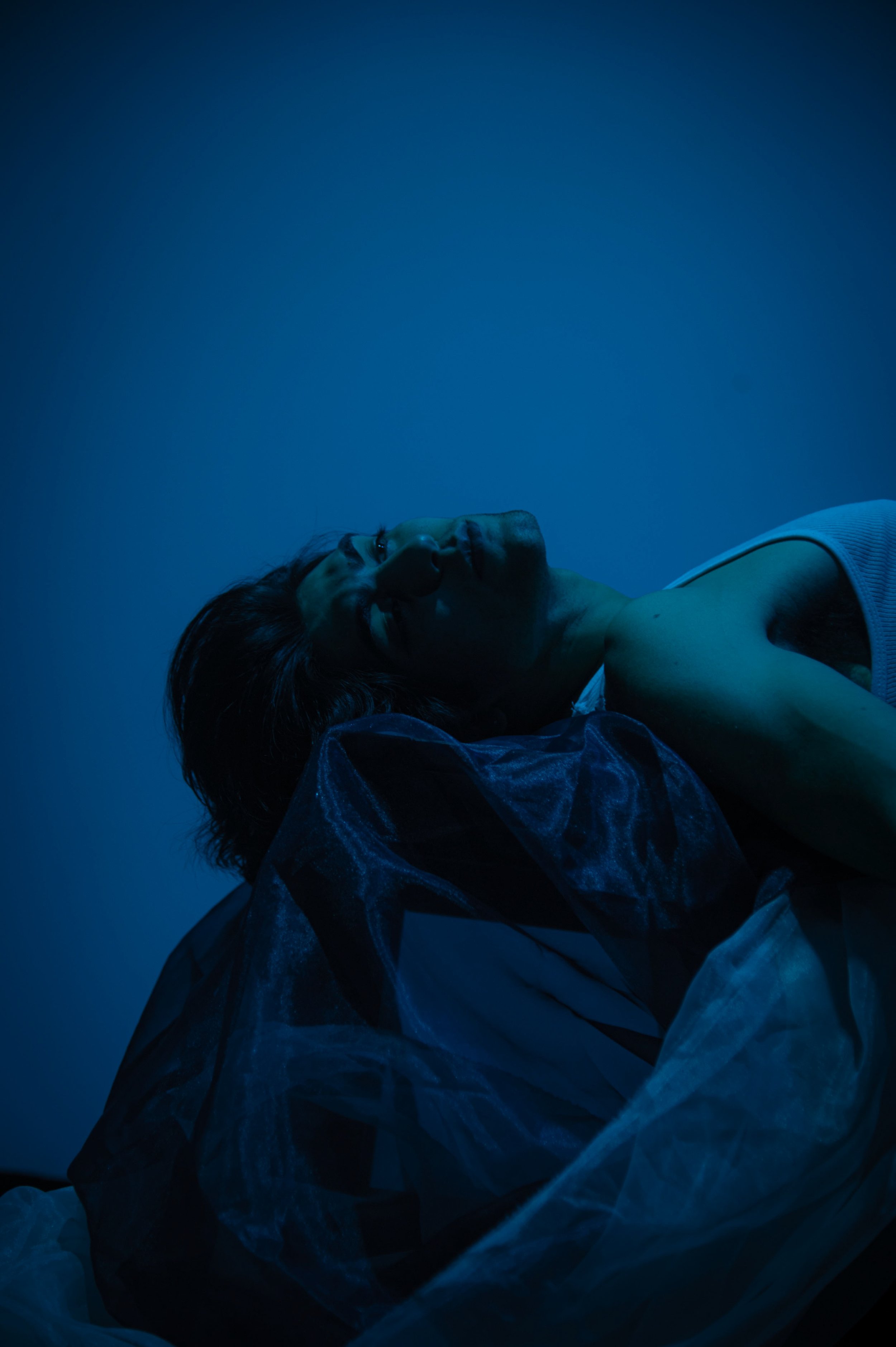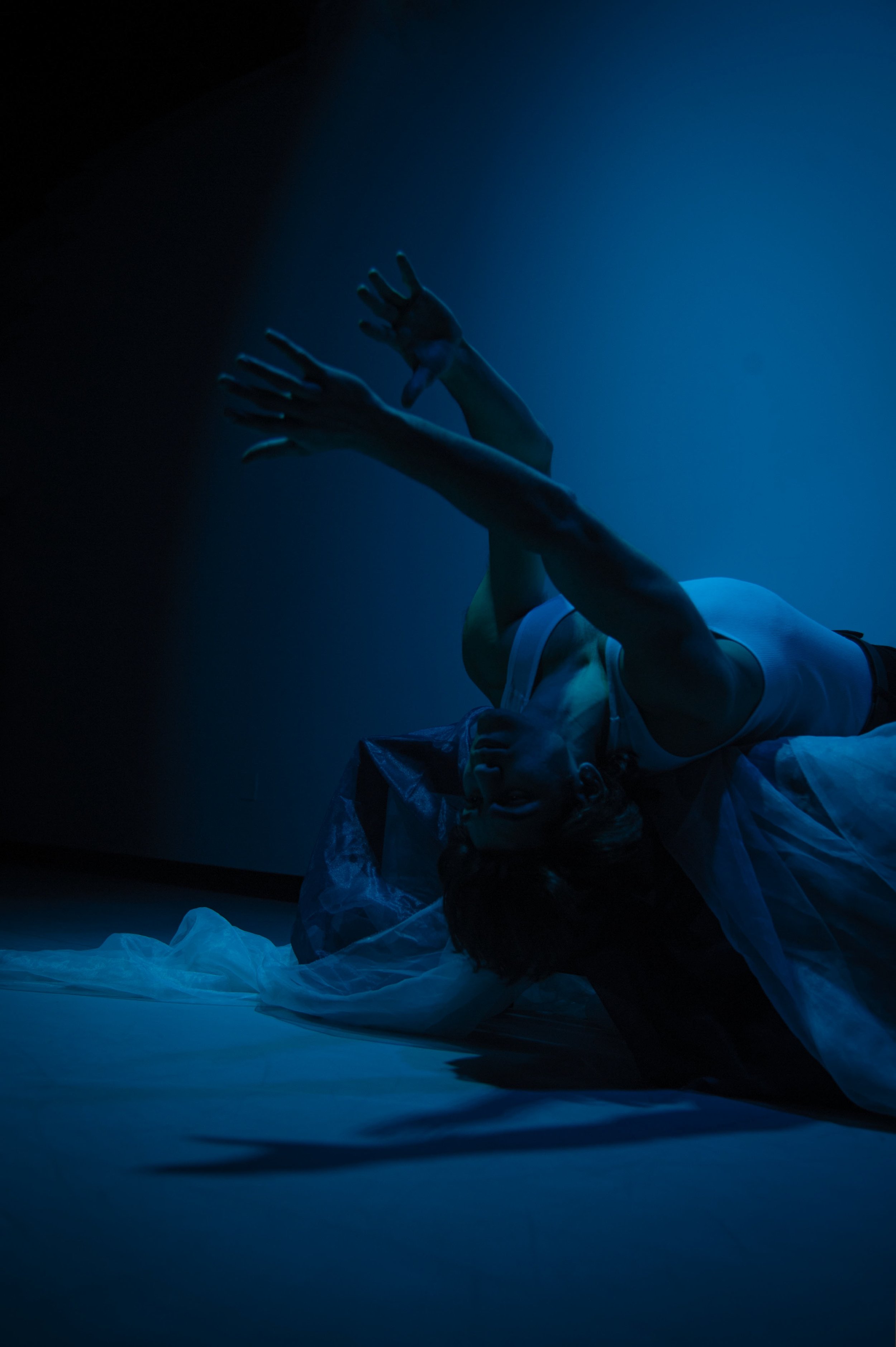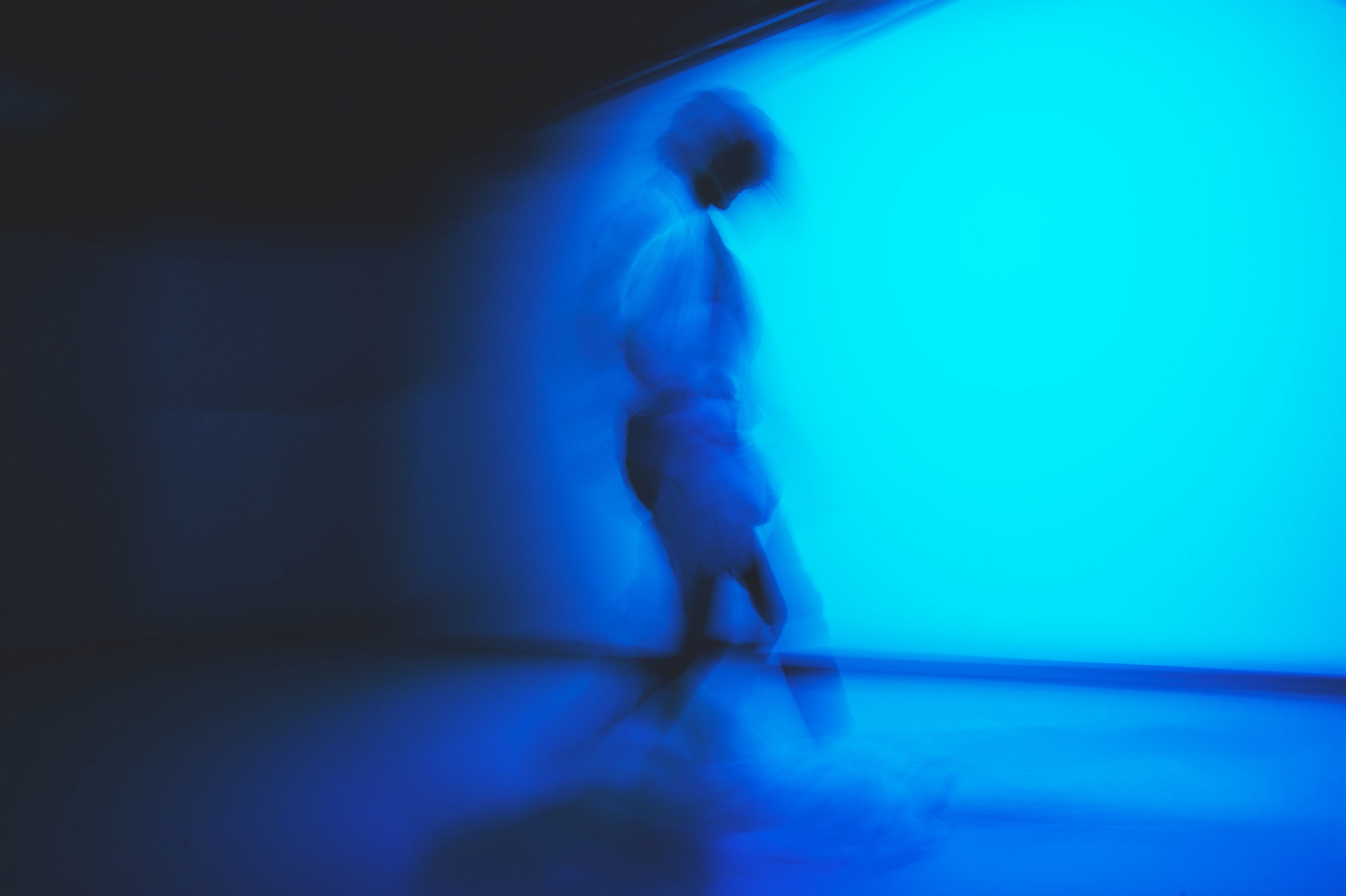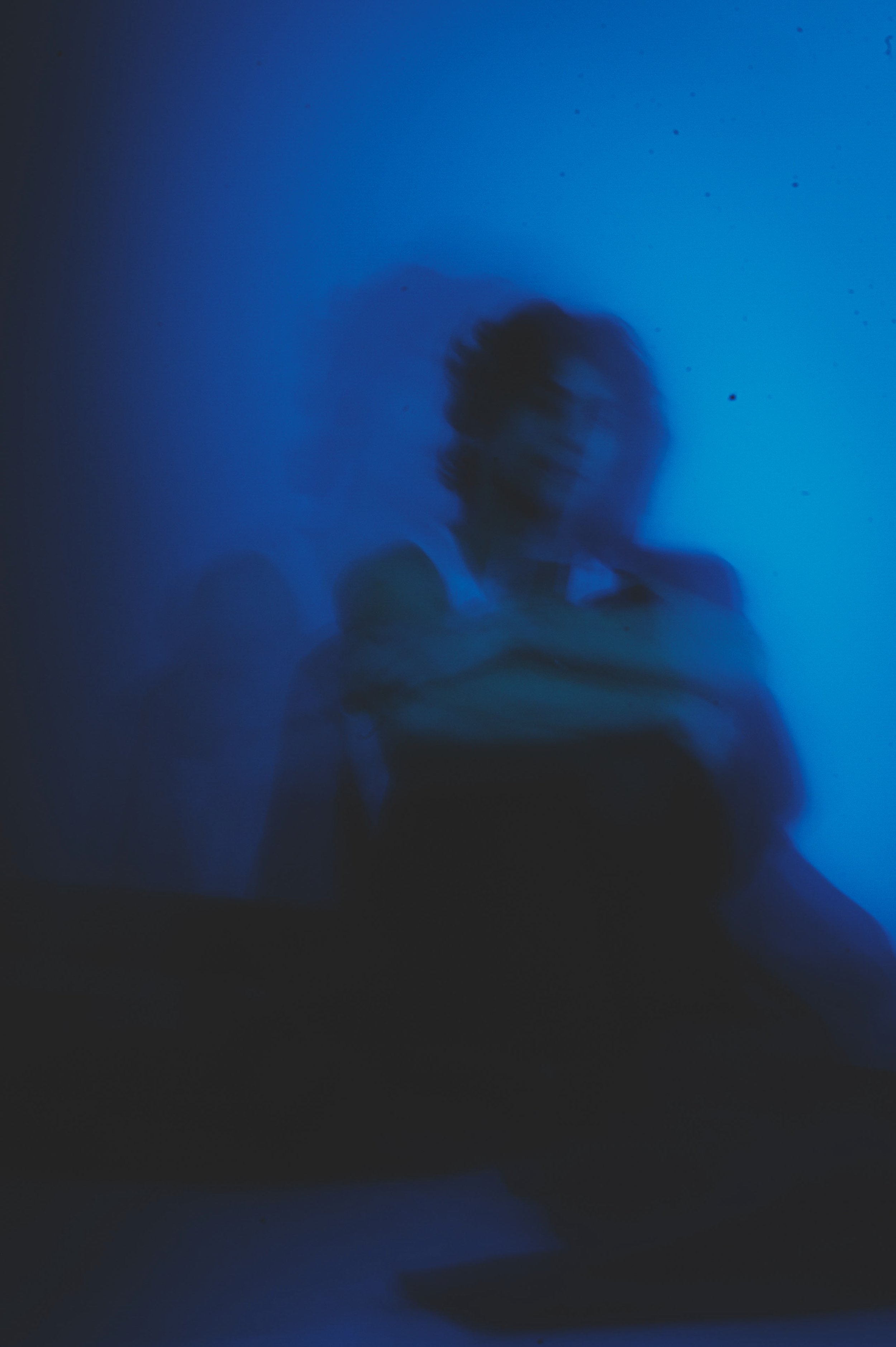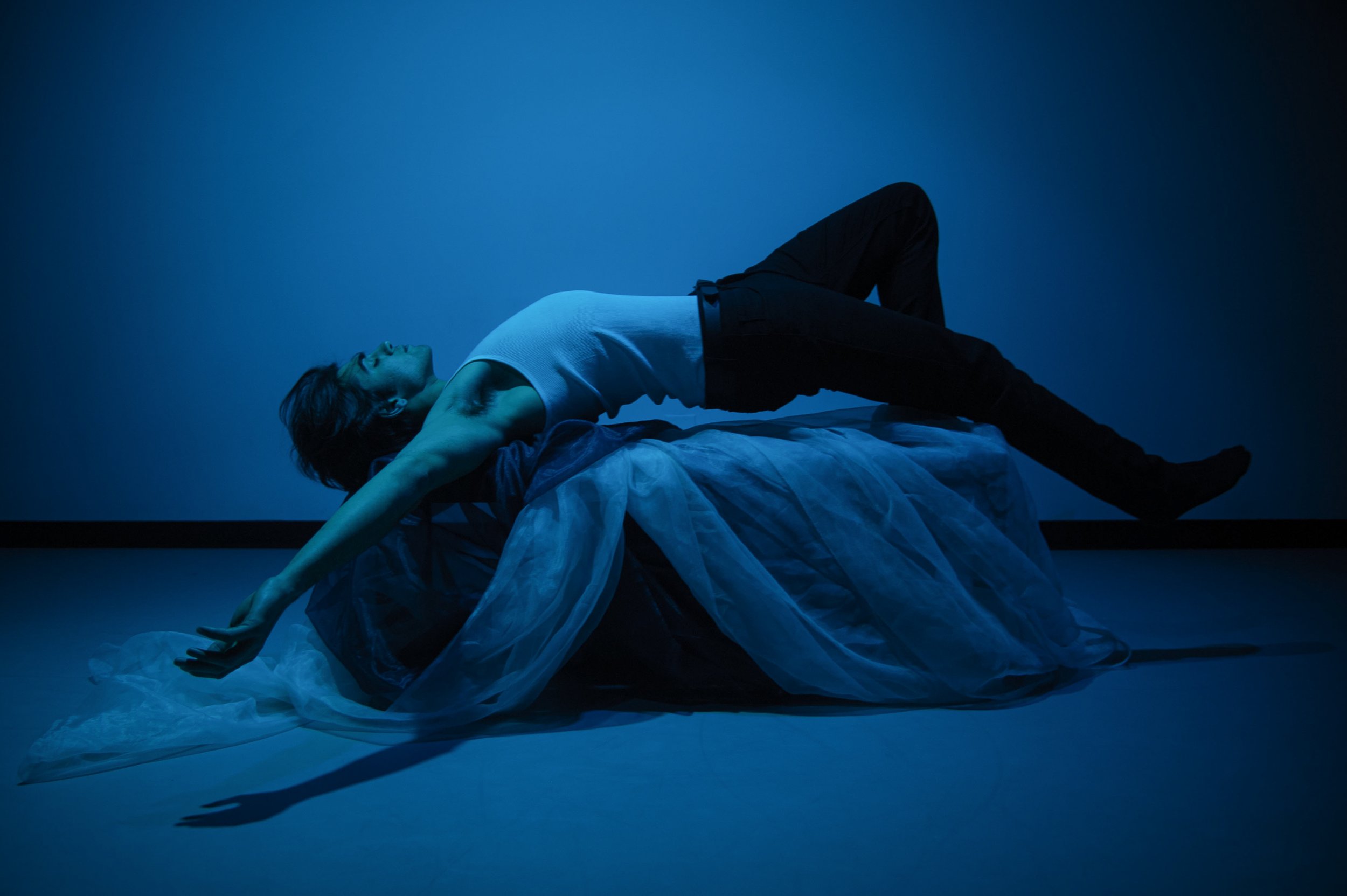Feature by Claire Killian
Photos by Grace Li
Max Patel, who goes by the stage name Jayani, is a senior at Columbia College studying business and music. Jayani is an independent singer-songwriter born in Hong Kong living in NYC. Blending soulful vocals with sensory imagery and minimalistic production, Jayani’s sound can be likened to artists such as Bruno Major, Mac Ayres, and Jeremy Passion among others. With the mission to tap into authentic emotions, Jayani has released 14 songs on Spotify with a debut album “Songs of the Storm” coming soon!
Let's start at the beginning, and talk a little bit about your personal history of music, how you came to it and when you started. Did you grow up in a particularly musical household?
My household wasn't particularly musical. I started by doing chorus, though I didn’t do it for a while because I thought it was nerdy. I started listening to different kinds of music. My friends and I were singing songs on the school bus. I heard T-Pain one time and I thought, ‘this is absolutely insane. I have to do this.’ I didn't realize he was using autotune, but I wanted to sound like him. I would go to talent shows, just at the school and then sing his little riffs. I would practice and then people would say, ‘oh man, you're really good.’
And I'd think, ‘oh, I'm really good!’ like, ‘I should do this.’ I just started doing more, when I got the affirmations, I started doing chorus because I felt good enough to join. Then, I started playing with little bands, my friends would do an a capella band, and I would join in. Then my friend played drums and guitar, so we'd do different covers and just sing songs around campus. My last year of middle school I had this passion, project opportunity and I thought, ‘I'm gonna start writing a song, and we'll see how this goes.’ At the time, I was moving away from Hong Kong - where I grew up - just to come to boarding school in America. So, I was leaving home, really moving away from everything I knew. I wanted to write a song about that. The song Moondrops came from that. At the beginning I was kind of skeptical of myself, but the more and more I performed it, and sang it, it became so real to me. I performed it at the graduation from middle school, and then everyone was waving their hands, it was just so beautiful. I wanted to do more of that. Actually, I released that song Moondrops in my recent album. There's a version on YouTube, which is me, a capella, in some random studio in Hong Kong. I was just doing beatboxing, a few ‘oos’ here and there, and then I remastered it, put some instrumentation in.
Okay, so when you are writing a song and then performing it, what does your creative process look like?
I usually start with the chords. I know some people start with lyrics, some people start with melody. For me, I sing the words while making the melody, so they're kind of intertwined - the meaning of the song with how it sounds. It's usually around the guitar chord. I’ll usually either have a thing that I want to talk about or an emotion that's pressing that I need to get out and then run with what’s on my mind.
Are there any examples that come to mind when you think about an idea that you wanna get out?
Yeah! On the album there's a song called “Break the Fall”, and that's a breakup song. I think breakup songs, and sad songs, are really easy because you feel sad, and you want to get it out there. I feel like it's only satisfying when you feel like you target the emotion that you're trying to get at. If you feel a certain type of way, like you're mad but sad, and you're mad at this person, you have to ask ‘why are you mad at this?’ For example, if they broke up with you and they didn't call you, then that’s why you’re mad - expressing that in words, and then also giving it a melody that feels good to sing.
When you're singing or writing a song, or really at any stage in the musical process - is that a highly emotional experience for you? Is it very removed? What's going through your head? What are you feeling?
It depends on the song. Especially in writing it's an usually vulnerable situation - especially if it's a sad song. I don't like to write songs around people that much. I mean, I like to collaborate, but that’s different. A lot of my songs are happy. I try to imbue my songs with a spirit of ‘live in the moment.’ To make it clear that things are going to be okay. A lot of the time I'm just trying to have a good time writing songs. If they're sad, then they get vulnerable.
One of the things that's always impressed me about performing artists, whether it's theater or music, like anyone who's doing art live and in person, is the confidence aspect of it. The audience is literally reacting live to what you're doing and, in a fun way you get to interact with them, but also I'm sure very frightening sometimes. What is that like for you? The whole like live performance dynamic?
I love it - because I feel like you never know what people like, unless you're there. They're out there with you. If you rehearse the set, you know certain things that you want to do in certain parts of the song, but you’ll only know if they resonate by trying it and then looking out at the audience and seeing how they respond. When I'm singing a sad song, though, at least recently it's been hard for me to be as vulnerable. Recently I've been performing on bigger stages, and with a band, and I don't want to bring the vibe down. I feel when I'm singing a sad song, I'm worried about making people sad. Generally I just love performing in front of a live audience, and it just feels really nice.
Pertaining to your larger audiences, when someone's listening to your music, whether it's live or on their own, listening to Spotify, is there anything that you want them to come away with? Any particular experience you want them to have? Like what do you want the listener to go through?
Generally I want to impart a sense of ‘let's make the most of today. I always wanna have a positive spirit if I am impacting somebody. I want to go to some deep places with my music and have deep feelings, but I want to always come back out. I don't want to leave people in a sad place. A lot of my music is just purely happy. For example, Covid came, and everything stopped, but it wasn’t a total stop, it was like a pause. Whatever people come away from my music with, I want them to have a sense that it’s going to be alright. The song “Face To Face” is about how sometimes I feel like I ‘don't need another day as long as you're here with me.’ Just about appreciating that friend, or that person in your life. Like, let's have fun even though it's a pandemic. Stuff like that. Hopefully that message comes across and if not, then hopefully they enjoy the song, and if it's a sad song, then hopefully like they felt that, they felt the emotion they needed to feel, and not that they need to stay in it.
Is songwriting for you a catharsis, or an outlet? Or is it more of a practice, like a technical exploration?
I know for a lot of people it's both, but for me it's definitely mostly been a catharsis. The second half of my music journey is when I got to Choate, the boarding school. One of my friends passed away, and I started really writing songs about that. Just coping with it. I hadn't really had a personal project, it was just like that one song in Hong Kong. Then I wrote these personal songs in this church, like in this chapel, by this piano. I didn’t even know how to play it. I was just playing these keys, and I just needed to sing, I needed to get it out. Then I performed the songs at this random coffee shop. People thought my set was really meaningful. I wanted to do more of that. So, it definitely started with catharsis and still whenever I'm sad, I'll just go to a dark room and play with my guitar, or play with the piano, and just sing. Honestly, even when I'm not sad, sometimes I'm just mad or overwhelmed or I'm excited.
It seems like community response, and the community that you've grown up in, has been a huge part of your art. Growing up as a third culture kid, and having the Hong Kong base, but also having traditional European and Hindustani music backgrounds, how can we see that in your music?
In high school I tried musical theater. I was in chorus and taking classical lessons. I started in Indian music, like Indian classical music lessons. Then at Columbia I started jazz. So I'm just really interested in exploring what's out there musically, and seeing what I'm drawn to. Obviously, I'm drawn to all of it. I think it's all great I'm always looking for ways that I can incorporate it authentically. I don't want to just make an Indian song to be like, ‘I'm half Indian guys, here's my Indian song.’ But I want to incorporate it because I think it's really cool. I'm definitely trying to keep on growing that journey. I have a lot of influences from training, and just from learning and listening, that I want to bring in to make music that is more diverse.
What's most challenging for you when you're creating any piece of music?
Probably self-doubt, and I think like a lot of artists might feel this way too. Whenever you're making something like, ‘is this good? Are people going to like this?’ That only comes in after I've finished the initial song, and then I'm trying to make it better. That's probably the hardest thing for me. I’m trying to make it good, but what is good? Because everyone has a different taste.You can't appease every taste, or appeal to everybody.
Do you feel like that comes from a place of, ‘are they technically going to like this? Is this a well produced song?’ Or is it coming from a place of, ‘this is a very personal, vulnerable piece of art for me and if you reject it, that's in some way rejecting me.’
I feel that my songs are really meaningful to me, and if someone doesn't like it, it's gonna hurt me.’ It’s cooler to think that, but I think for me it's more that I really want people to like it, and whether or not I put something out there that's meaningful to me and people don't like it, I'll be like, okay, cool. Like, ‘you will like other music and that's fine. I'll also have my music.’ At the same time, I really want to make stuff that people genuinely like. Because I know anyone in my life might praise me, but if someone else out there is gonna be like, ‘wow, I actually liked your song. That really meant something to me.’ Then that's what matters to me. I want to have more of those moments and create things that are meaningful to people.
You’re very well ensconced in an art community on campus. Other singer-songwriters, C.U. Records, MIC - what's that like for you? Working with other creatives, other young artists?
It's really nice. A lot of my friends are doing their own stuff, like Rommel with his video and Jane with her photography. All these people are pursuing music and creativity in their own facets. I think it's really refreshing and inspiring, whenever someone has a win, it feels like a win in my book too. We're all in this together. Eva Westphal is a good friend of mine, and she's blowing up, playing these amazing venues, playing The Mercury Lounge and it's inspiring. When I see friends who are not at a public level, I tell them ‘You can be.’ I'll help them, and that will take the form of getting them a gig, or finding them a band, something like that. I feel like we're all part of the same community and we wanna help each other.
I just wanted to ask if there was anything that we didn't get to talk about that you wanted to bring up?
That's a good question. I'm not sure if I told you about the origin of Jayani? My stage name? It’s my grandfather’s name. He grew up in Gujarat, India. His grandfather worked closely with Gandhi. Generally he was well-renowned in that village. When he came to America, he had to change his name to Patel, because of immigration policies. So I just wanted to bring that name forward, to pay homage. That's why I use it as an artist name.
Jayani’s Music is available on all major streaming platforms.
